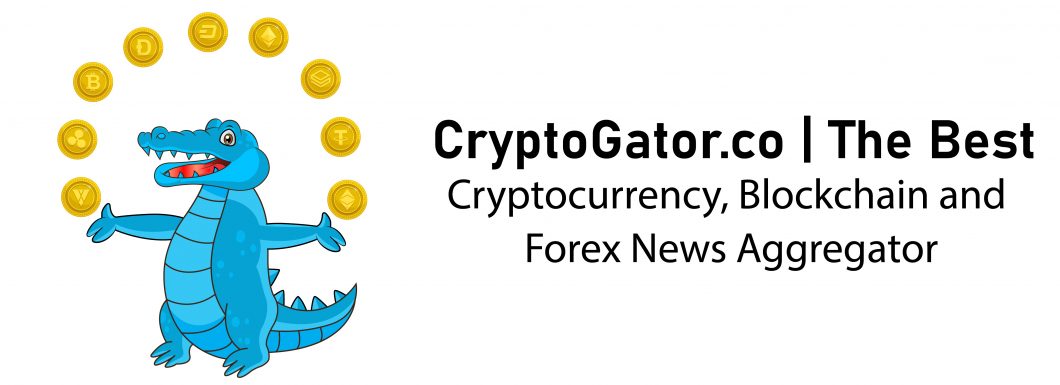The post Hoskinson Defends Contingent Staking Model, Lashes Out At Critics appeared first on Coinpedia Fintech News
Charles Hoskinson, the founder of Cardano (ADA), has offered a concept that might comply with legal requirements as the cryptocurrency industry adjusts to the increased regulatory scrutiny around staking activities. Operators in the area, according to Hoskinson, should take into account the dependent staking model, which is based on know-your-customer practices.
Hoskinson pointed out that the transaction certificate would be two-sided under the concept, requiring both the delegate and the staking pool operator to sign the transaction before it is carried out. Note, under the present staking model, a person must send a transaction to the pool in order to transfer their stake to the pool.
This approach has received a lot of criticism from the crypto community in terms of questions and comments. Let’s see why.
Hoskinson slams critics
Hoskinson in his recent series of tweets explained that the contingent staking concept has drawn criticism from a number of cryptocurrency supporters who claim that it will just create a KYC regime on Cardano. In response to criticism, Hoskinson stated that the critics are polarised and determined to depict the suggested model inaccurately.
I’m still at a loss reading some of the comments on contingent staking. It’s incredible how polarized some people have become to the extent that they can not understand a basic concept and continue to misrepresent it. (1/10)
— Charles Hoskinson (@IOHK_Charles) February 16, 2023
He said, “Opponents of this concept [contingent staking] offer no solution for how actors like governments, universities, regulated entities, not-for-profits, and others who could and sometimes actually do run stake pools can do so and stay in compliance with local regulations. I guess they don’t matter?”
Hoskinson further criticized critics for failing to comprehend the risks associated with permitting Initial Stake Pool Offerings (ISPO) to run without entrance requirements.
Hoskinson clarified that on the top blockchain, contingent staking does not impose a know-your-customer regime. He argued that neither private pools nor regular staking are eliminated under the model.
“Contingent staking does not implement a KYC regime on Cardano. It does not replace normal staking. It does not remove private pools. A marketplace of SPOs would still exist and allow people to continue to delegate to their preferences, including normal stakepools.”
Hoskinson claimed that Cardano would keep a market of stake pool providers where users could stake in accordance with their preferences.
The founder of Cardano asked detractors to refrain from overreacting to issues that are not outlined in the Cardano Improvement Proposal (CIP).
Community Reaction
The crypto community has taken notice of this string of responses. Many people agreed with Hoskinson. They have indicated that many people simply watch Twitter for subjects like CS to arise so they may dramatize it into a debate simply because they enjoy conflict.
I don’t think it’s a lack of understanding. A lot of people just sit on Twitter waiting for topics like CS to come up, so they can dramatize it into a gift-wrapped package of controversy & virtue signaling…just because they like conflict.
— Dan Gambardello (@cryptorecruitr) February 16, 2023
Others have noted that there are those who barely comprehend contingent staking yet nonetheless have critiques for it.
Folks are too busy asking “active rn?” or “can you smoke weed & be successful?” to try and understand concepts like contingent staking, Charles.
— anonymemphis.eth (@anonymemphis) February 16, 2023



